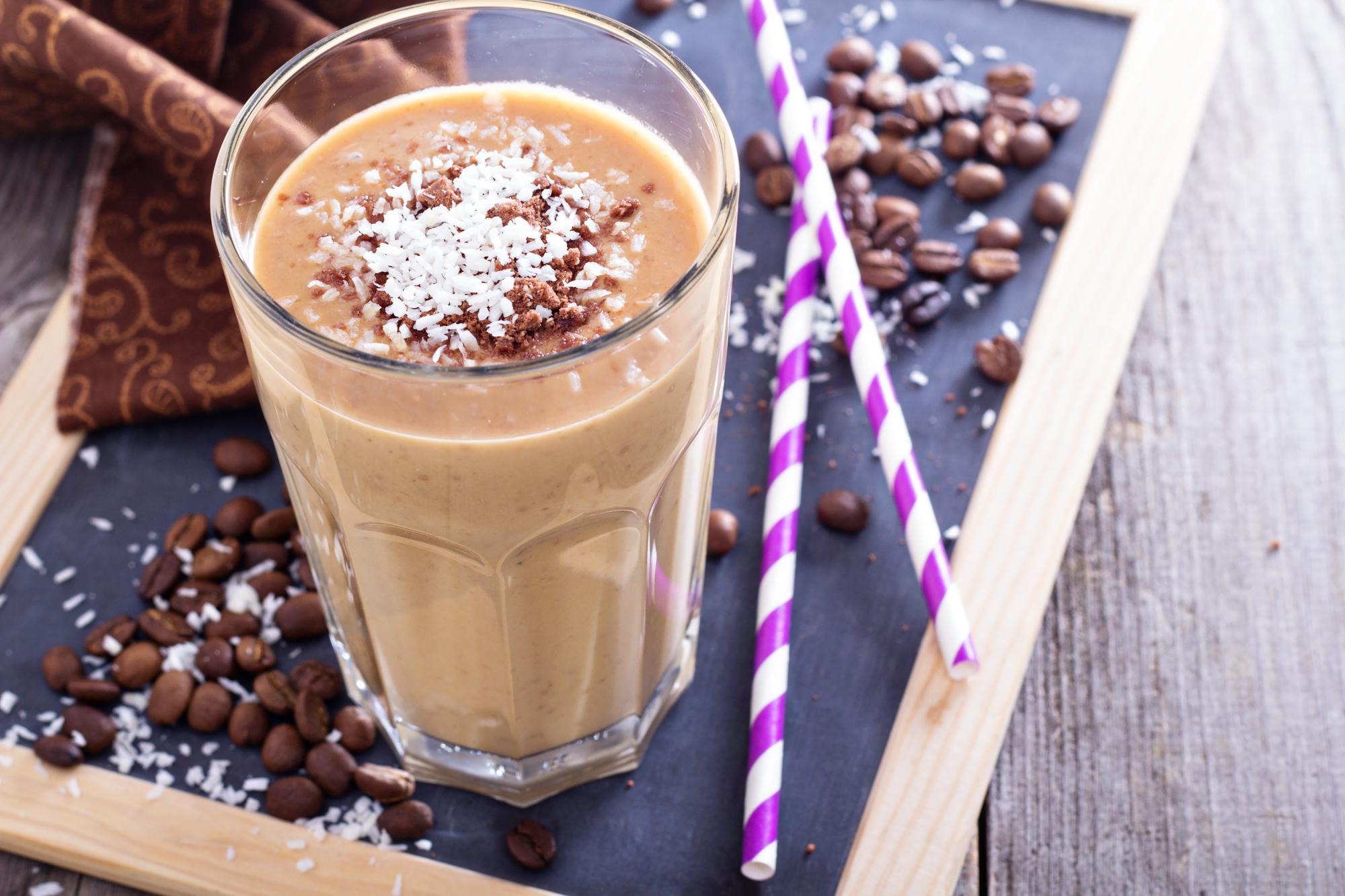Have you ever heard that plant-based is not the same as meat-based protein? Now although they have their differences in nutrients it does not mean that you can’t focus on plant based options to fuel your performance.
If you’re someone who doesn’t typically enjoy animal proteins on a regular basis or practice a vegetarian or vegan lifestyle, there are some nutrients you’d have to be mindful of if you gravitate towards a diet that is rich in plants. Some of those nutrients that are more commonly found in animal products would include vitamin B12, protein, calcium and iron.
For those who aren’t familiar with plant-based protein and interested in dabbling in them, consider trying tofu, tempeh, chickpeas, spirulina, quinoa and pea protein. When you combine these foods with others to make them a “complete protein” you’re sure to meet your protein needs, without the need to include meat.
With a little planning and understanding what combinations to include as part of your daily diet, you’ll be sure to target your nutrient needs.
Why Protein is Critical for Endurance
According to the Dietary Guidelines for Americans, 2020-2025 indicate that anywhere between 10%-35% of your total diet should come from protein sources. More accurately, for those who are relatively sedentary are to consume 0.8 grams per kilogram of weight.
Individuals who exercise on a regular basis 3-4 times per week have higher needs which include 1.1-1.5 grams per kilogram of their body weight.
Those who regularly lift or are training for endurance activities [such as biking and running] are encouraged to consume 1.2-1.4 grams per kilogram of body weight each day.
If you notice, protein needs are higher for those who are training in long-distance sports. The reason these needs are higher is that the body is breaking down protein at a faster rate, increasing the chance of muscle breakdown.
According to research, during periods of training those who had protein levels greater than 1.2 grams per kilogram of body weight not only improved recovery time but were found to be stronger and faster during their runs.
The Best Plant Protein for Exercise
It is possible to reach your protein needs while focusing on plant-based sources as part of your training strategy. The goal is to understand first how much protein you need and secondly, how much protein is found in plant-based sources.
Finally, you create food combinations that ensure you’re getting a complete protein. A complete protein means you’ll have all the amino acids needed
To give an example, a 175-pound female marathon runner would need a minimum of 95 grams of protein per day to support muscle strength and maintenance.
As a point of reference, 3.5 ounces of chicken is 32 grams of protein. The best plant-based varieties for every 3.5 ounces include:
- Seitan is 25 grams of protein [141 calories]
Lentils are 9 grams [116 calories]
- Extra firm tofu is 9 grams [90 calories]
- Black black beans is 6 grams [55 calories]
- Almonds are 21 grams [584 calories]
To ensure you’re getting all the essential amino acids, use these food combinations:
- Legume, beans + rice
- Vegetables + nuts, seeds, or grains
Another idea to boost your protein intake is to supplement by adding pea protein to your meals whether as part of your shake or sprinkled on top of your salads. In every 2 scoops you get 27 grams and just 120 calories.
If you’re looking for a sweet treat and to get an additional 20 grams of protein in your day, you can also consider mixing two scoops of the hot chocolate protein powder from Naked Nutrition into 6-10 ounces of non-dairy drink, water, or your favorite beverage.

Other Tips to Increase Exercise Endurance
In addition to getting enough protein in your diet, consider the following ideas to further support your performance goals.
Eat Enough Carbs/Fats
According to the Institute of Medicine (IOM) the acceptable range for carbohydrates is 45-65% and fats 20-35% of your daily calorie intake. You need carbohydrates to fuel your muscles during a workout.
Sleep Well
In order to recover, you need to rest! Resting is an essential part of any workout routine to allow time for your muscles to repair themselves. It is recommended that you aim for 6-8 hours of sleep each night.

Take Creatine
In research, creatine has been shown to improve lean muscle mass along with your training schedule. The key to supplementing with creatine is taking it routinely over a period of time so that you can improve muscle stores and increase lean body mass.
Allow Rest Days
According to the American Council on Exercise it is suggested that athletes schedule a rest day every seven to ten days. This enables time for your muscles to repair and recover leaving you stronger and your mind more focused.



GIPHY App Key not set. Please check settings